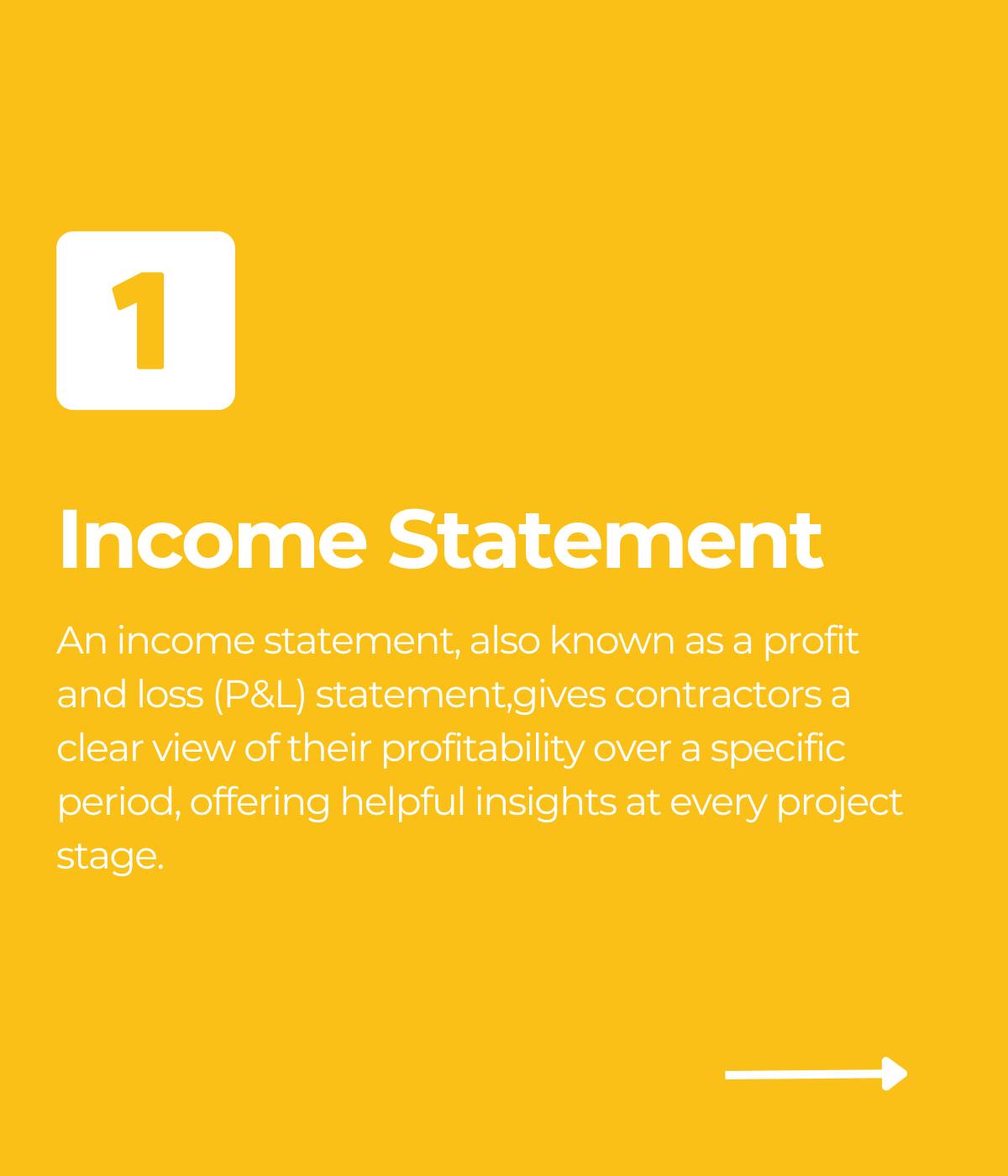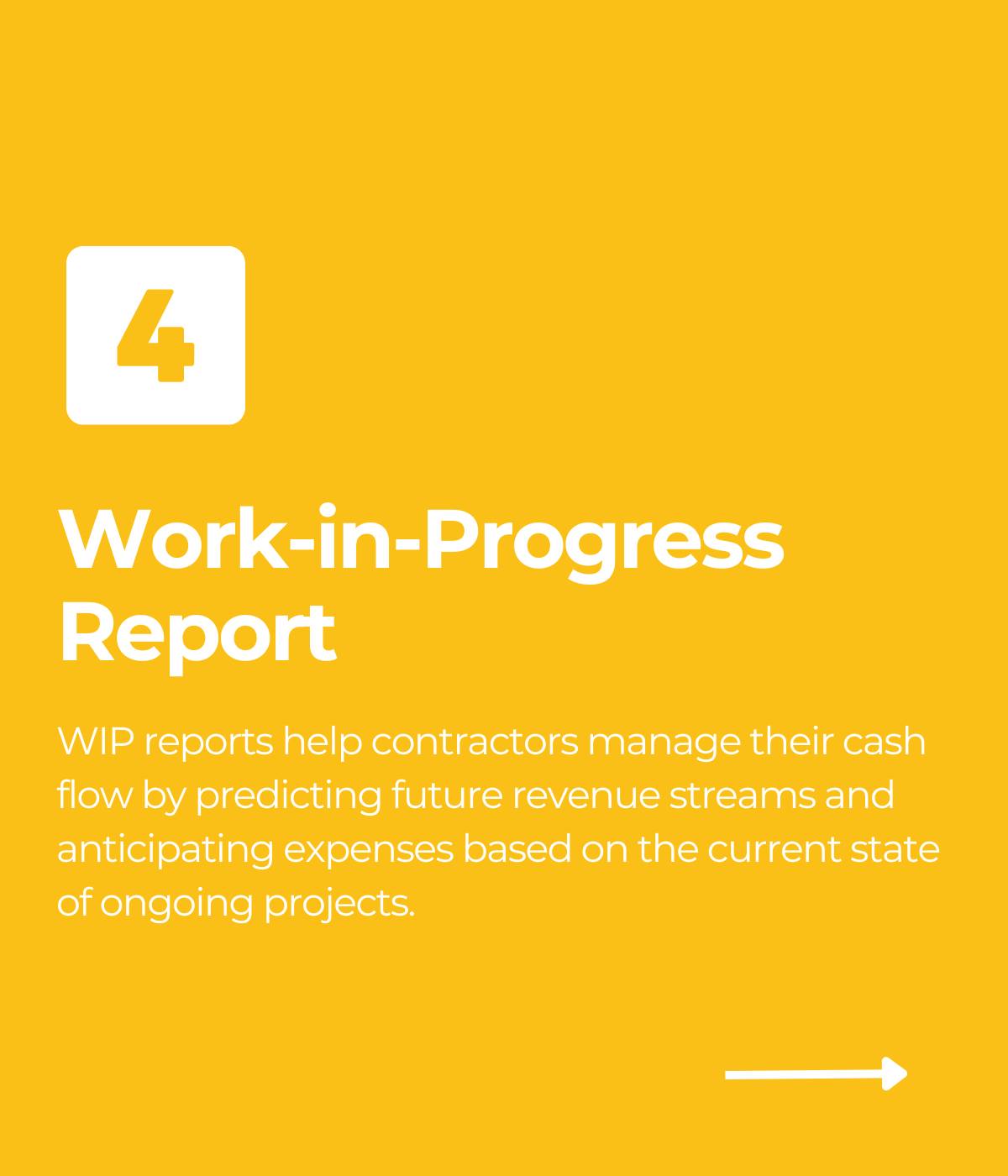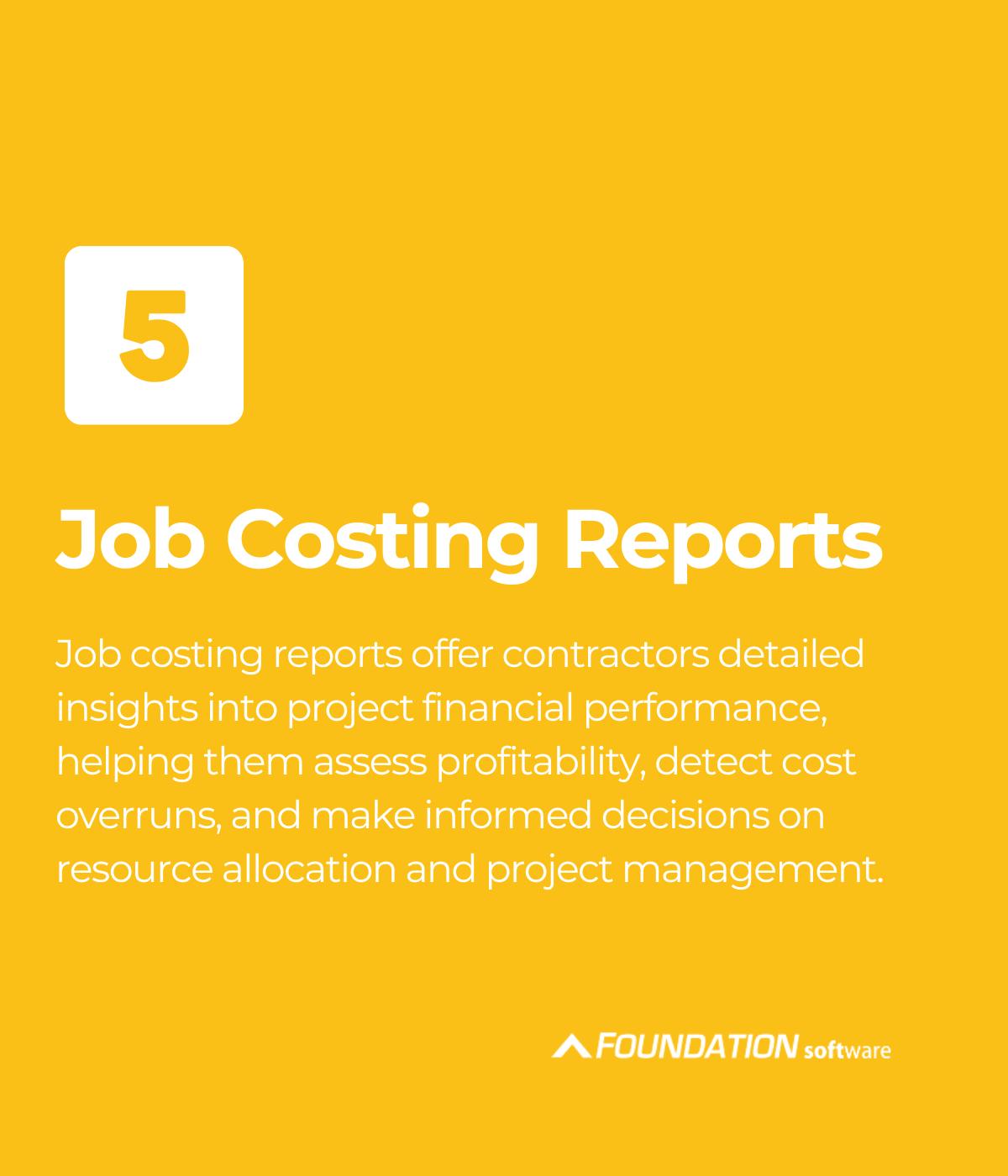
Guest Contributor: Deborah Wilder, Contractor Compliance and Monitoring, Inc.
When I ask public agencies and owners about prevailing wage compliance, sometimes I get the answer: “Yeah, yeah, our people have been doing prevailing wage for decades. We don’t need any help.” If that were true, I would be out of business instead of helping agencies and owners in over 20 states. Let me share just a few reasons why prevailing wage compliance is important, plus how you can implement a successful compliance program.

1. Prevailing Wage Is the Law.
First, the workers are entitled to the correct prevailing wages required by law. Whether that is the federal Davis-Bacon Act, a state prevailing wage law, or a local requirement imposed by an agency, city or county, it is important that workers be paid correctly. And, in some jurisdictions, the prevailing wage rates, laws and regulations can change frequently (up to several times a year or some from project to project). Even the best of contractors sometimes cannot keep up.
2. It’s How You Get Paid Too.
The second reason for good prevailing wage compliance is so everyone gets to keep their money. Depending on the funding source, some grants or awards of money are tied to compliance. Unfortunately, agencies that do not meet the prevailing wage requirements on their projects can have the money revoked. And if agencies do not have the capital to repay money they received and spent for construction, this will create a huge hardship on local agencies and even in paying prime contractors.
3. A Successful Prevailing Wage Compliance Program Is Attainable.
Here are three tips to help agencies and contractors implement a basic prevailing wage and labor compliance program.
Pay Attention to Contract Terms.
It is critical to have the correct contract terms, relating to prevailing wages, in the documents. The federal government is quite strict that the wages and certain legal provisions are in both the bid specification and the contract. The prime contractor must then include all of these same provisions in its contract with their subcontractors.
When it comes to prevailing wage contracts, there is no “incorporation by reference.” If the wage rates and contract clauses are missing from the agency’s’ contract with the prime, the agency will be on the hook to issue a change order for underpaid wages. If the wage rates and contract clauses are missing from the subcontract, the prime contractor will be required to issue a change order to their subcontractor — without any reimbursement from the agency.
Watch Worker Classifications.
One of the most frequent errors found in prevailing wage audits is the misclassification of workers. Many times, contractors misclassify their workers into a lower-paid classification, which can end up being more costly when discovered in an audit.
If a wage determination does not list work classification, contractors should not default the worker to an “unskilled laborer.” Instead, they need to inquire of the agency so the agency can inquire of the U.S. Department of Labor or the applicable state body.
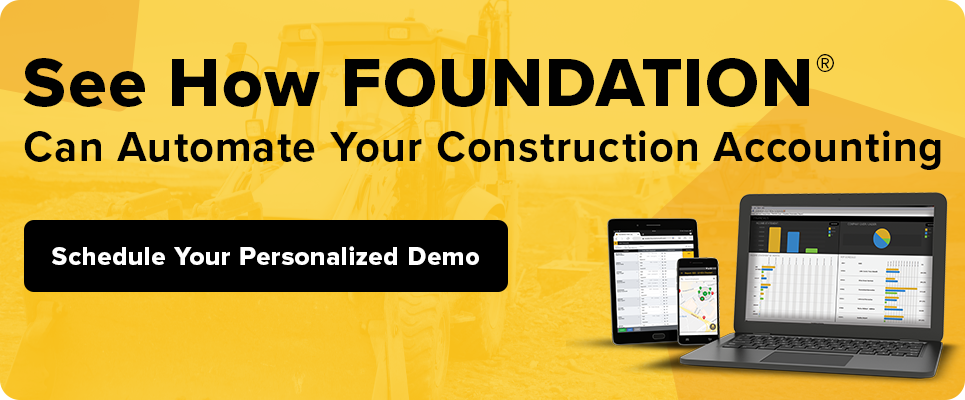
Verify Fringe Benefits and Other Deductions
Verifying benefits and deductions is vital. Fringe benefits must be for a bona fide employee benefit and calculated (sometimes amortized) to get an hourly rate for prevailing wage credit. Other deductions must be verified by either a court order (such as with garnishments or child support) or an agreement signed by a worker for the particular benefit (such as repayment of a loan or reimbursement for equipment the employee purchased). Unfortunately, unscrupulous contractors can use the “other” deductions to hide kickbacks, with the result that everyone needs to be able to prove compliance.
To learn more, remember to attend “Prevailing Wage and Labor Compliance” at the 2020 Foundation Software User Conference in Cleveland, Ohio.
Share Article
Keep on current news in the construction industry. Subscribe to free eNews!
Our Top 3 YouTube Videos
Learn about our software more in depth with product overviews, demos, and much more!
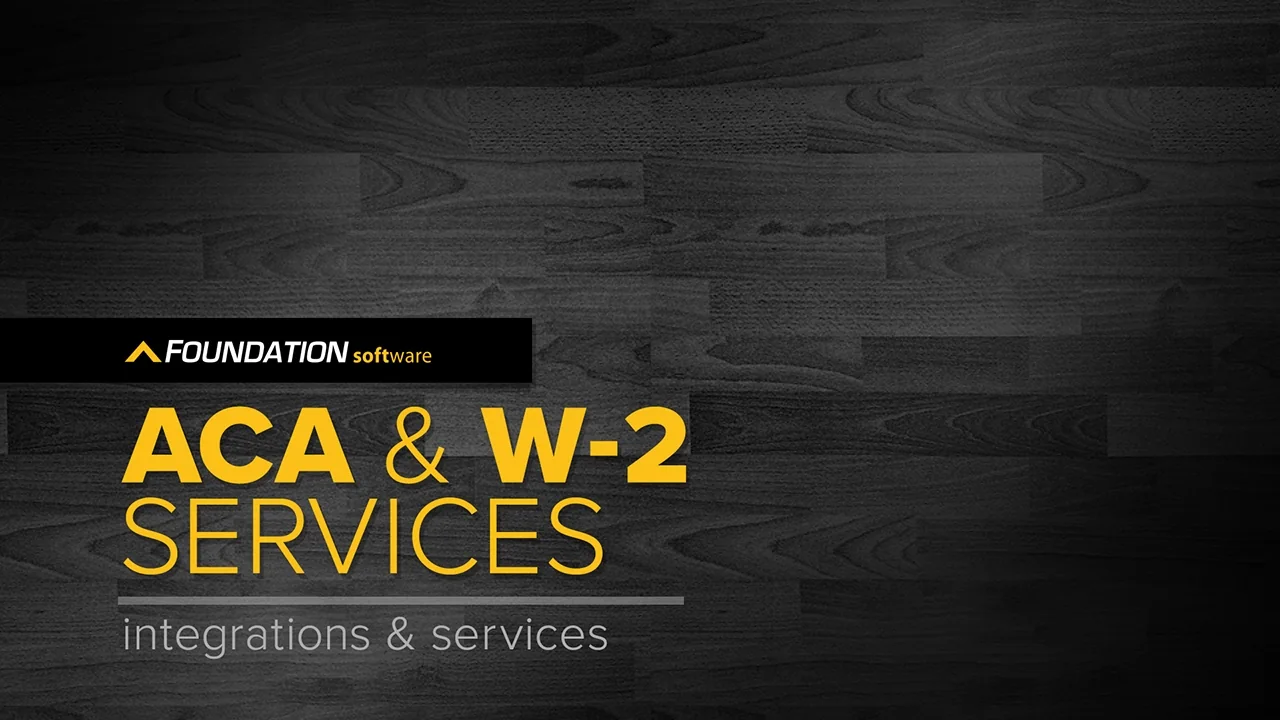
Our ACA reporting & e-filing services include official 1094-C and 1095-C IRS reporting, optional e-filing (no applying for a TCC code required), mailing to your employees and experienced support to help you.

There are plenty of reasons to make FOUNDATION your choice for job cost accounting and construction management software — just ask our clients!
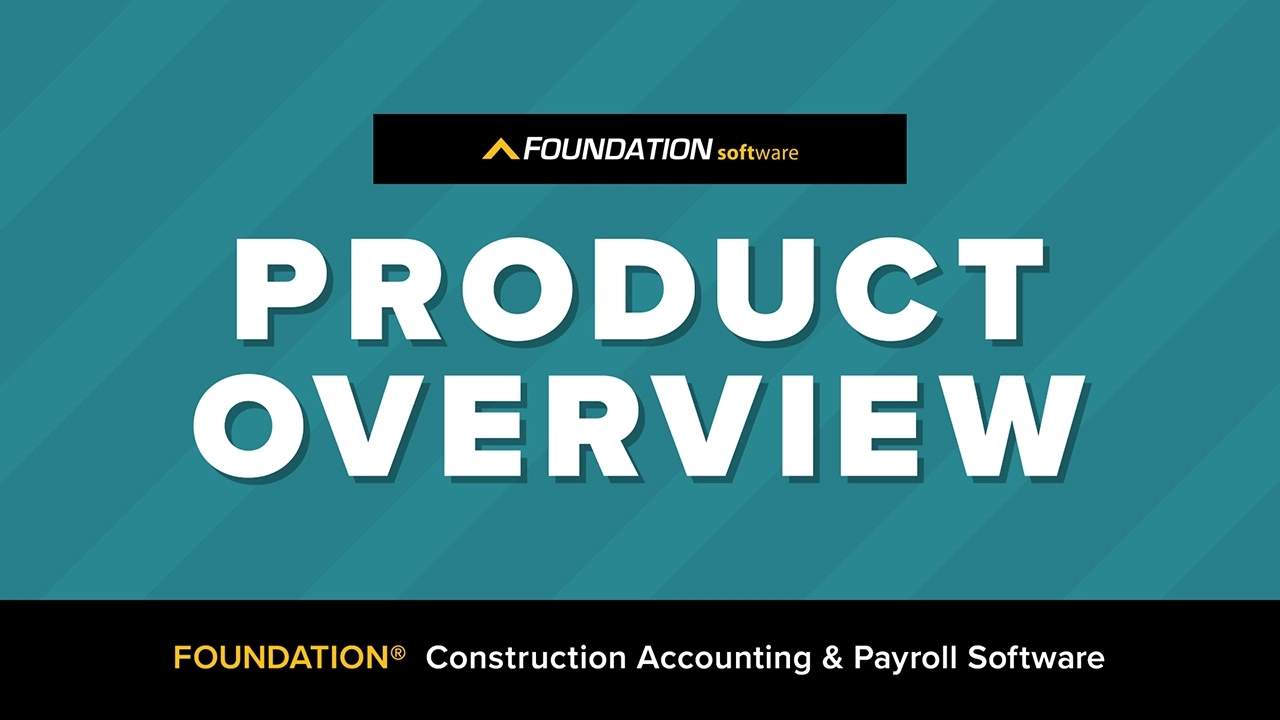
From job cost accounting software, to construction-specific payroll. Get an overview on your next all-in-one back-office solution.



